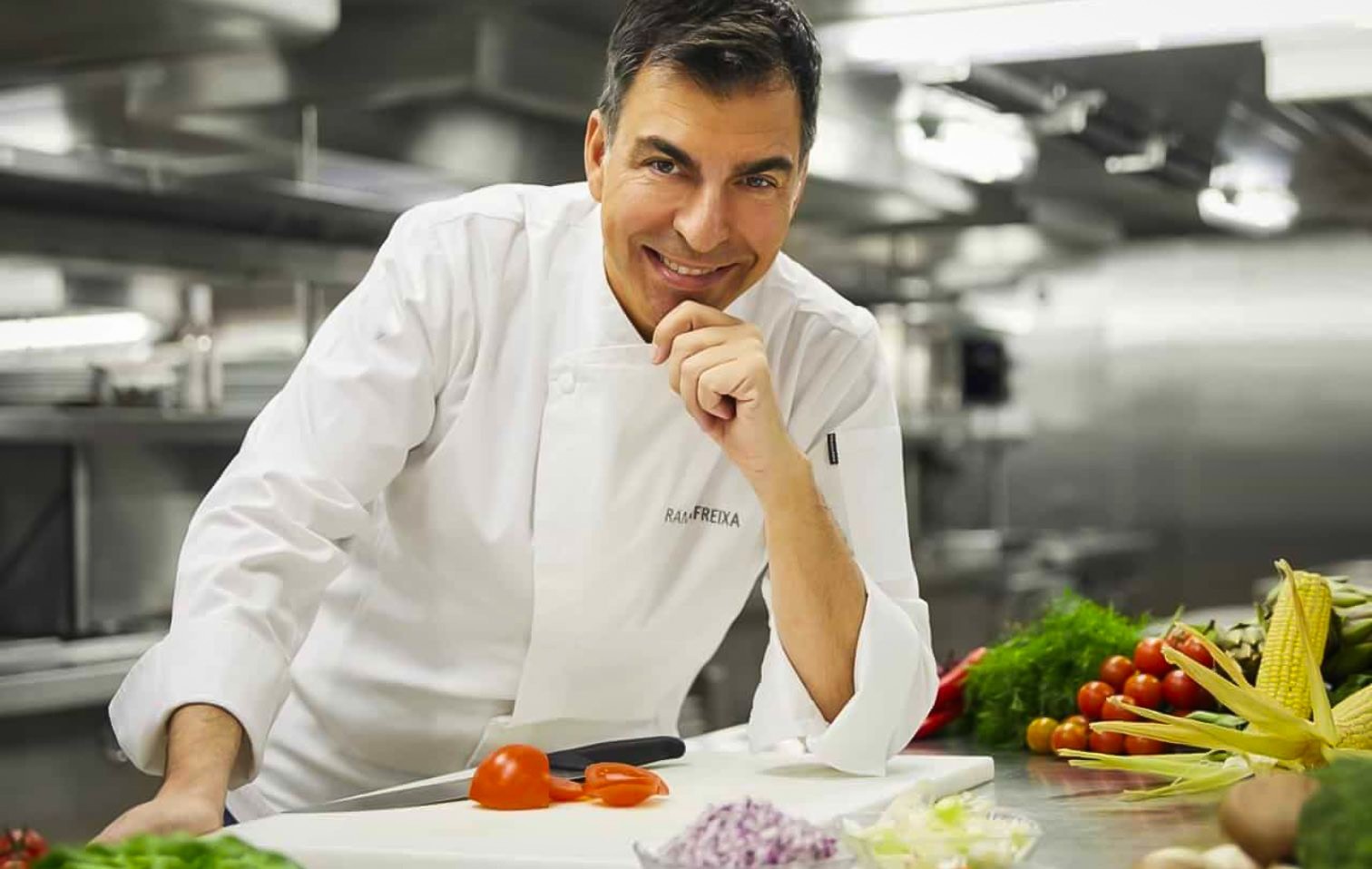Awarded two Michelin stars for fifteen years, Catalan chef Ramón Freixa has witnessed and actively contributed to Madrid's transformation into a gourmet destination. "But this is a city that does not forgive; you cannot afford to have an off day," he shares with Esquire, highlighting the high standards and relentless scrutiny faced by chefs in the competitive culinary landscape of Madrid.
The Chef
For the past fifteen years, Catalan chef Ramón Freixa has been at the helm of his eponymous restaurant in the Unico Hotel in Madrid, celebrating fifteen years of success, including earning two Michelin stars. With an eye on capturing the elusive third star, Freixa has invited some of Spain's greatest chefs to contribute a recipe to his menu, to be featured throughout the end of the year. Esteemed guests of the month include Joan Roca, Juan Mari Arzak, Carme Ruscalleda, and Andoni Luis Aduriz, showcasing Freixa's remarkable ability to collaborate and foster team spirit within the culinary community.
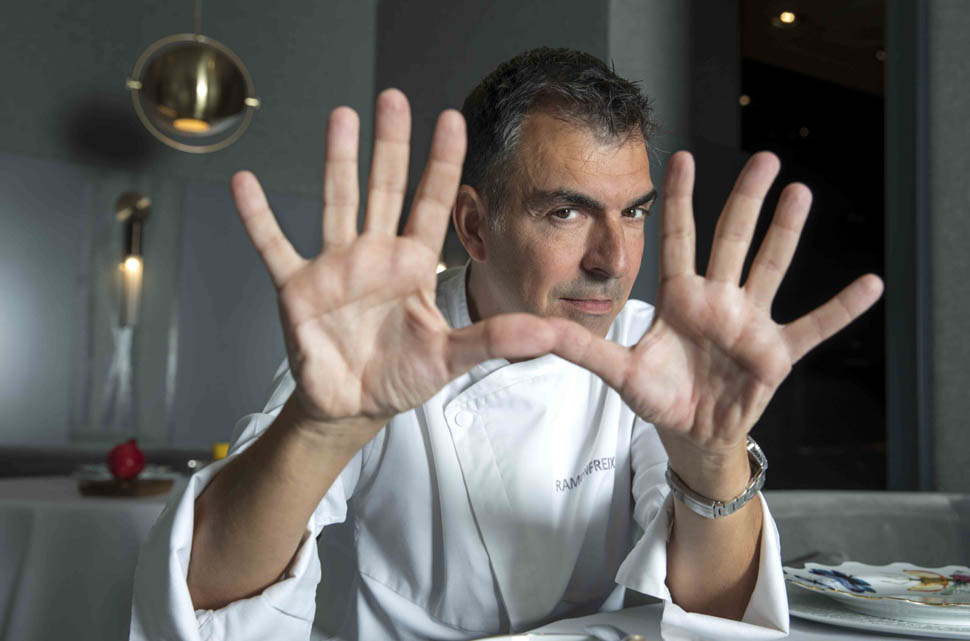
"And this is the greatest gift I could receive. We are a generous sector. My generation and the one before grew up together, struggling and elevating Spanish cuisine to where it stands today, with a new generation now maintaining it. We've shared many moments and numerous conferences. We've always helped each other and never felt in competition, but rather as friends and companions on this journey," Ramón Freixa tells Esquire, reflecting on the camaraderie and mutual support that characterize his experience in the culinary world.
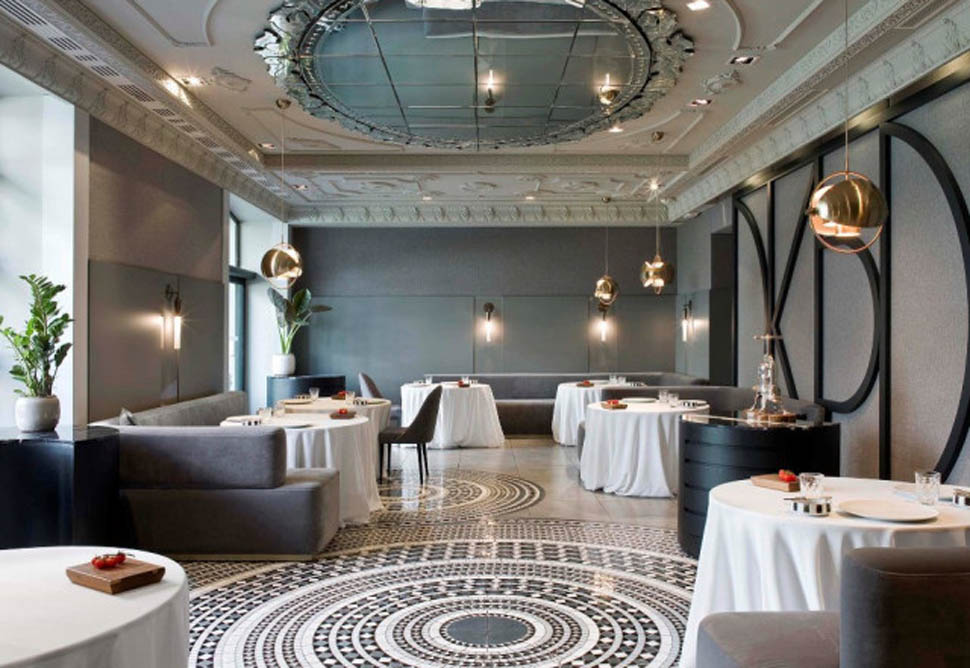
Every month, there will also be a signature dish revisited from the historic repertoire of the restaurant, reinterpreted in the current style of Freixa, who has evolved over time, and a recipe from his latest book, Cocinar Felicidad. "Because my cuisine," he says, "is a mix of tradition, avant-garde, and jest. And today, more than ever, dining is about enjoyment, making people happy, and fostering experiences. But for me, the main thing remains the product. I enjoy provocation, but I prefer to please. I want people to leave my restaurant feeling they have dined sumptuously, not just unusually."
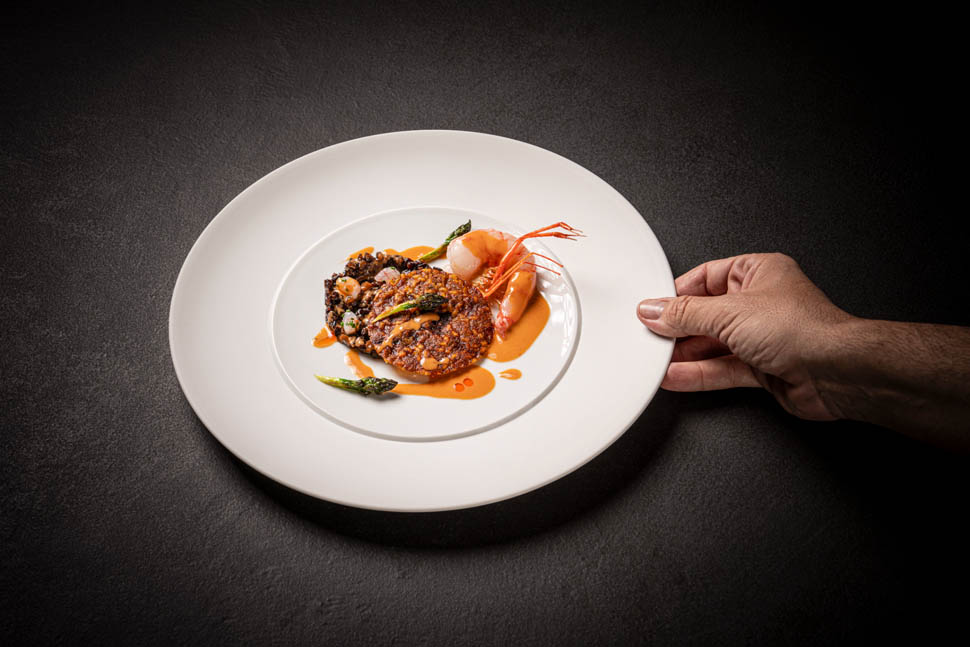
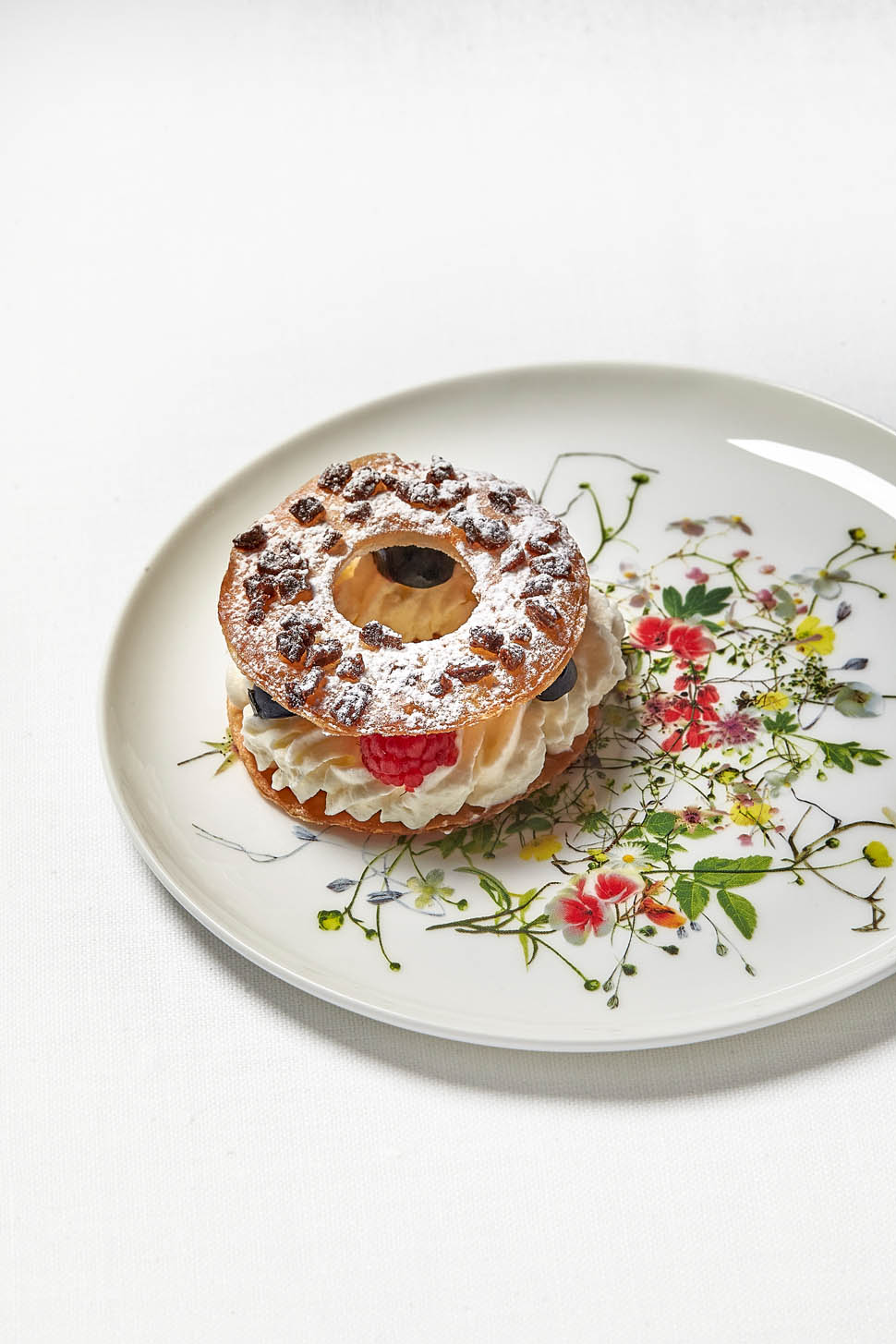
When he arrived, the culinary scene in the capital was already quite developed, even though great culinary houses already existed. "I've lived through the ferment and transformation of the city, and I'm happy to be a part of it. Then again, in Madrid, one eats just like in Barcelona, Copenhagen, or any other place in the world. But it's true that each city has a different audience. To start with, here we lunch and dine later, due to half an hour of difference in daylight, nothing else. And it's also true that the clientele is perhaps more expansive; I think Madrid is a city with a loudspeaker, for better or worse. If you fail, it does not forgive; it does not offer a second chance, here you cannot afford to have an off day," he explains, highlighting the unique dynamics of Madrid's dining culture compared to other global cities.
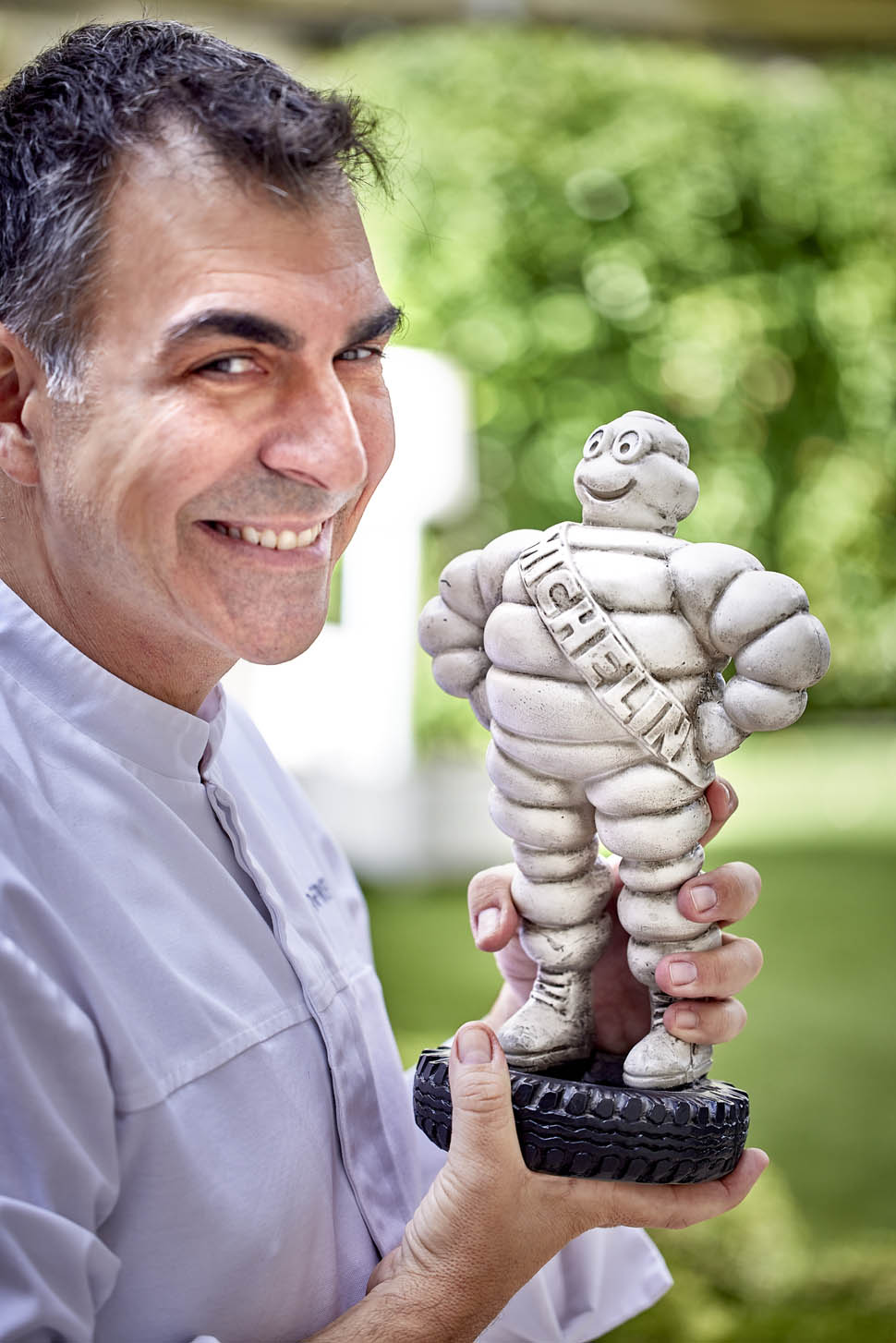
But in his view, it's not a matter of prices. "For me, what matters is the price/quality ratio. A daily menu, if you sell it for 15 euros, must be spectacular relative to the cost. Why do we always target haute cuisine and not a tortilla appetizer? No one complains that the tortilla is bad, yet it often happens. There are also excellent ones, but we should judge everything by the same standard," he asserts, emphasizing the importance of assessing value across all types of dining experiences, not just the high-end ones.
